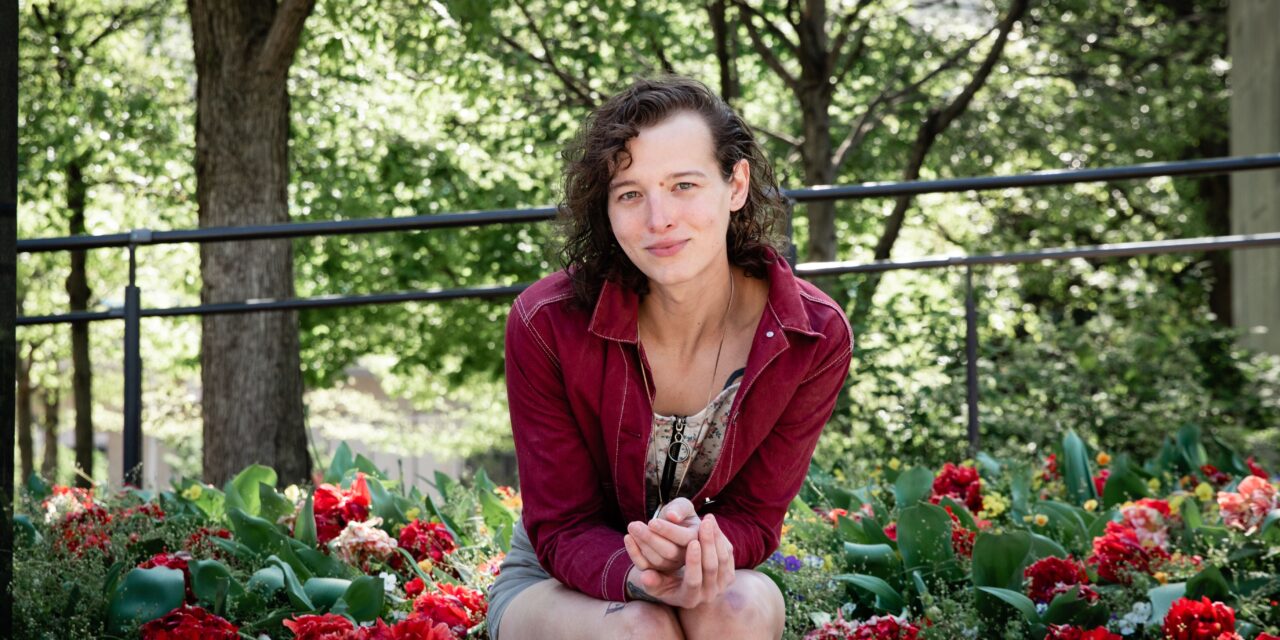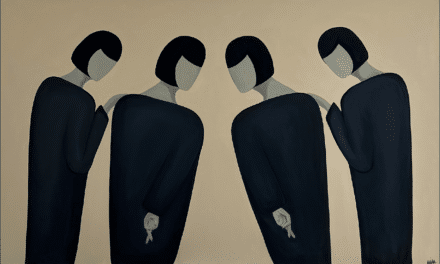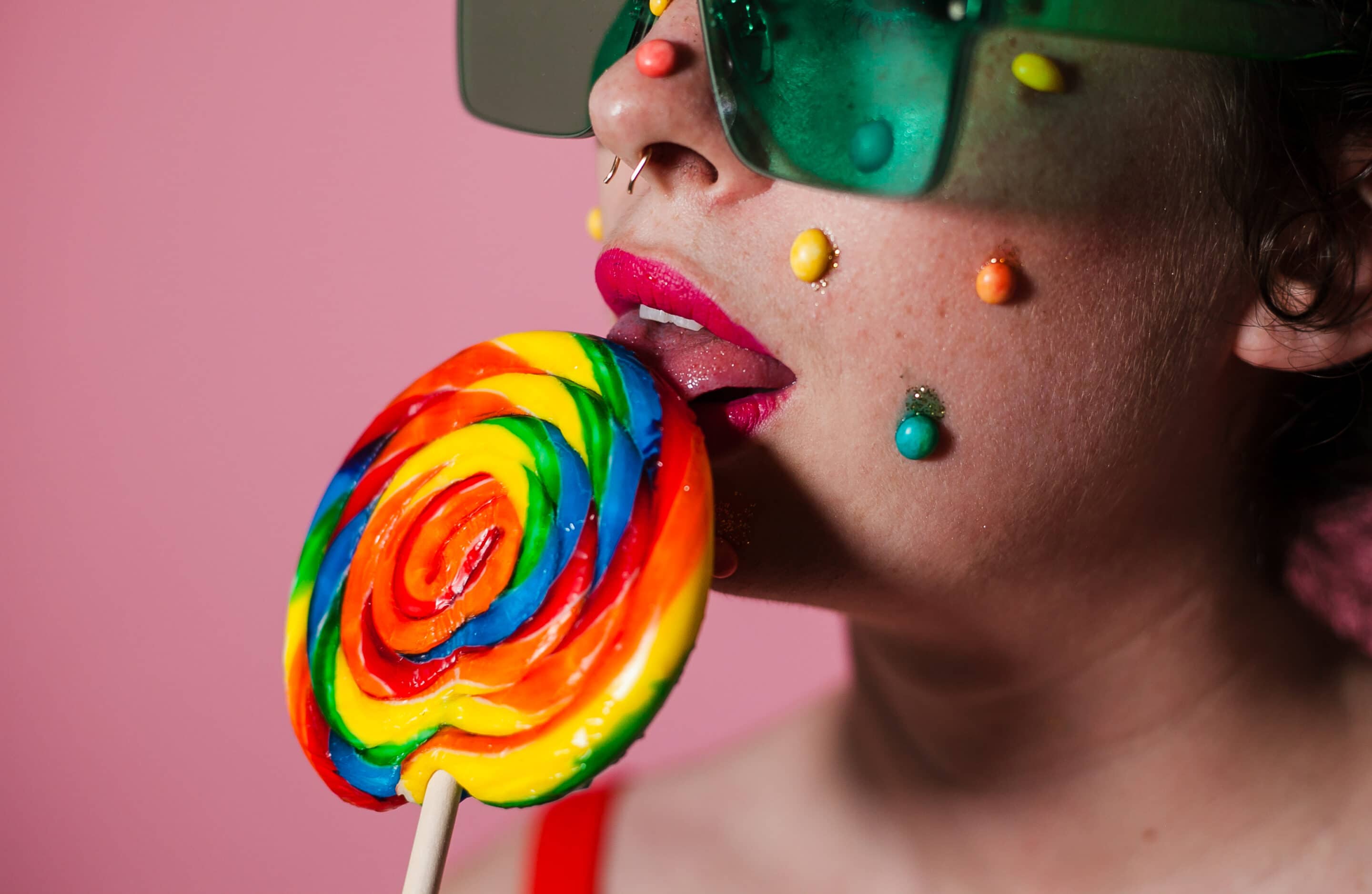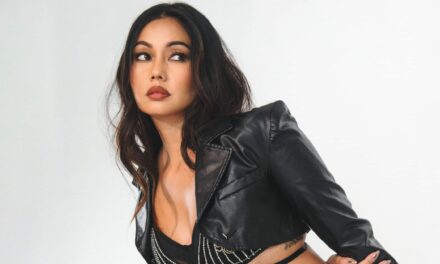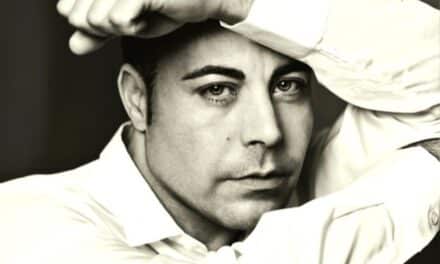When I met Addison, she was working as a waitress in a cocktail bar.
Well, that much is almost true. I did sing those lyrics to her on the night our team got second at trivia in the Lipstick Lounge.
When we met, she was bartending downtown at a restaurant where my husband and I went by chance on a date night.
I immediately knew she was a person I wanted as my friend.
In fact, since we sat at the bar for dinner I got to chat her up all night.
She’s the only friend I’ve ever “picked up” at a bar.
I left my number on the receipt and wrote “Want to be friends? Call me!”
We’ve been friends ever since.
This spring, while all of us have been enduring the brutal transition from normal life to quarantine, Addison endured another type of brutal transition.
She underwent gender affirmation surgery.
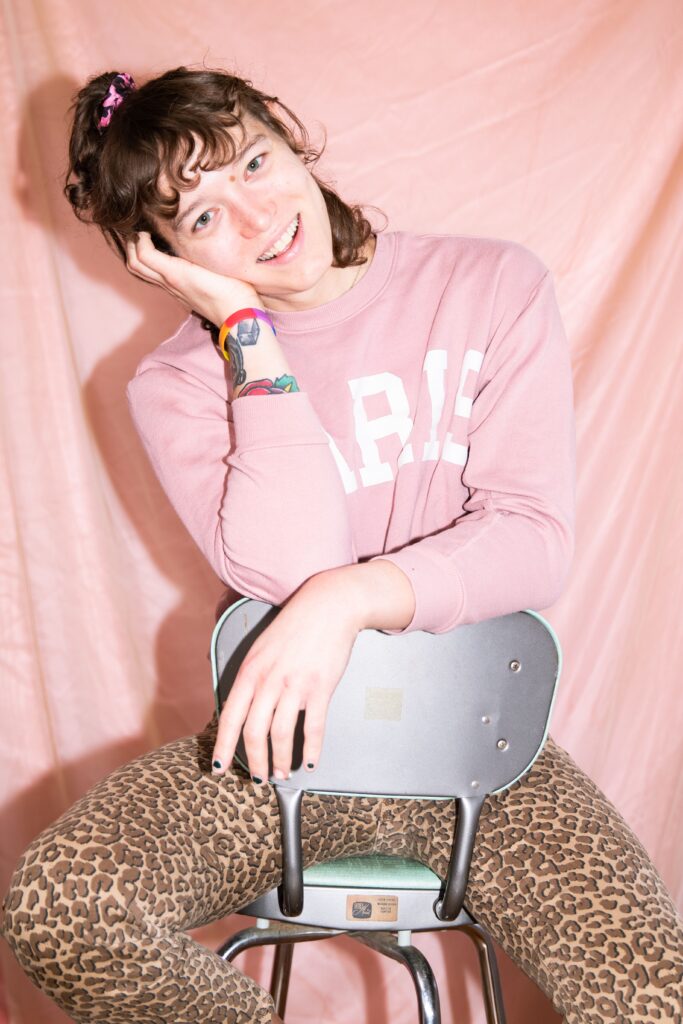
When she first told me she was getting surgery, I – clearly without thinking – blurted out, “are you getting your boobs done too?”
I am embarrassed and ashamed that I asked this question, but Addison is a champ and informed me that she loves her breasts, which are the same size as the other women in her family, and didn’t chastise me.
I have since apologized for asking this insensitive question, and she brushed me off, but I know that it was a stupid thing to say.
So I asked her about the surgeries some trans people choose to get and why.
She and I discussed how everyone wants a timeline:
- When did you know you were trans?
- How long have you been transitioning?
- When will you be done?
- When did you have the surgery?
Addison says that last question is as invasive as it is irrelevant, yet it is the first thing our minds run to when we meet a trans person or see their story on tv or Instagram. Yes she is calling you all out on this, and it’s okay.
“We are curious by nature and our society demands to be informed. The nature of the question is not the problem; it is the question itself.”
But, she felt comfortable answering those questions:
- I knew when I was about 11. I didn’t say it until I was 29.
- Since high school when I realized I wanted to be one of the girls as much as I wanted to be with them. Medically, since I was 29.
- Medically – never. My body does not naturally produce estrogen so I will be taking those little blue pills for the rest of my life. For me – I don’t know. And I don’t really care. I love my transition. I feel as if I am in a constant state of learning about myself and analyzing and evolving and it’s like, the least boring thing ever.
- May 19th, 2020
When we refer to “the surgery,” do you know which one?
According to Addison, for girls like her who were assigned male at birth, feminizing procedures can include:
- Breast augmentation
- Facial feminization
- Hairline surgeries
- Vaginoplasty
- Orchiectomy (removal of the testicles)
- Vocal feminization
- Tracheal shave
- and any number of other procedures to help alleviate that person’s dysphoria and live their most authentic truth.
- OR NONE AT ALL
Even poor problematic Caitlin Jenner, who both of us watched transition under media scrutiny, was bombarded with questions about surgeries and genitals.
In Addison’s words, “In Caitlyn Jenner’s case, we didn’t see the years of hormone replacement therapy or hair removal or mental health struggles or painful recovery process. This only helps to further an already rampant problem in the trans community of folx dealing with Imposter Syndrome.“
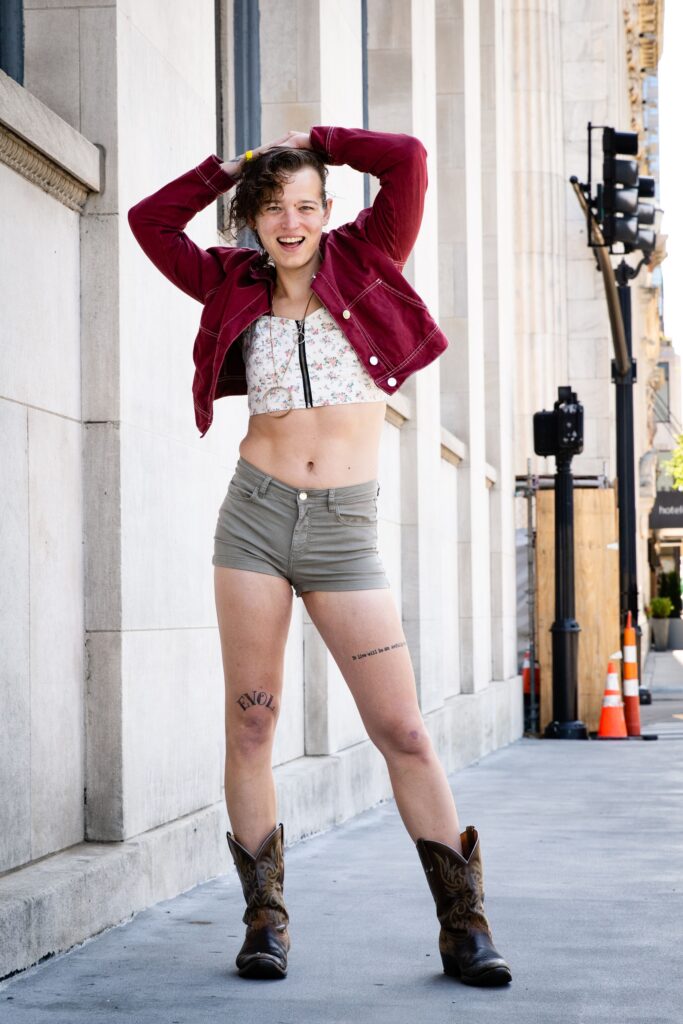
For Addison, getting surgery is a privilege, but it’s also saving her life.
To her, “I don’t look at my decision to have this procedure as a choice to have my birth-given male genitalia transformed into a clitoris, labia, and a vagina, rather it was a choice to live or not.”
Those who understand this surgery saves lives know it’s “medically necessary,” it shouldn’t be considered elective.
Although it shouldn’t be a privilege to have life-saving surgery, we live in America, where most necessary healthcare is a privilege of the white and financially able.
“I myself have looked at other womxn and wondered (and despaired) why I haven’t experienced as dramatic a transformation as they have,” she told me.
This chapter of Addion’s life was rewritten due to the pandemic.
During quarantine, she received a phone call from her surgeon letting her know the procedure would be postponed, less than three weeks ahead of the original date.
The beginning of her journey toward getting surgery started in June/July 2019.
In her words, “I swore to myself that I wouldn’t go through another summer with a penis. I couldn’t do another trip to the beach worrying if my waterproof tape would live up to its claims.”
When she found out surgery was delayed, she told me, “Dysphoria feels like a poison and when the antidote was finally in reach, I was told to just hang in there a little longer.”
When she finally got the green light six weeks from the postponement, she was so overwhelmed with prepping for surgery (tests, work arrangements, dealing with insurance, therapy letters from multiple professionals, preparing her family) that she wasn’t able to focus on the sudden reality of her rebirth.
“I was ready, but I was terrified… Despite the setbacks and emotional distress, I gained a lot of valuable new perspectives in the time that my life was put on hold inside a world that was doing the same.”
One of the biggest downsides of quarantine is her inability to make her debut at Pride this year.
Her past Pride experiences were beautiful.
In 2017, she introduced the world to Andi, the embodiment of all her most basic femininity who “allowed me to confidently identify as genderfluid.”
By Pride 2018, she was out and proud as herself, Addison, and even went to NYC Pride with her mom.
In 2019, she marched in the parade with her amazing work family, had three costume changes on the first day alone, and Pride-d with a partner for the first time ever.
This year is different.
“The outfits that I myself longed for a few weeks ago have been traded in for facemasks and signs of protest.”
When she found out NYC Pride was cancelled, she knew Nashville was next.
“Times like these can make us feel selfish. I thought, ‘What about my triumphant return?’ I mourned the outfits that would never be, the pictures that would be missed, the drag queens and kings that would go untipped; it all seemed so hopeless.”
But, she acknowledges that the revolution that is Pride changed the world. And so did Coronavirus, and the murder of George Floyd.
According to her, the LGBTQIA+ community learned that it is no longer enough to call out the “rainbow capitalism” that has overtaken so many Pride celebrations, which is not about Pride-shaming.
“But to do all of these things and not recognize and stand up for people and communities of color while they are constantly being abused and murdered by the same institution that our queer heroes fought against so that we could live authentically, is to walk backwards in time and say ‘Our fight is our fight, and theirs is theirs.’”
I agree when she told me that it is no longer enough to spend one month educating ourselves and our already-woke peers about Marsha and Sylvia, that their names and legacies need to be taught in schools alongside civil rights leaders.
“The line between the history of a racist police institution and the fight for queer equality is not thin. For years we have marched and celebrated for our one weekend of our one month, telling the world to be thankful that they don’t need to do the same, and now we are seeing that we were complicit against our own mission.”
I am overwhelmingly proud to call Addison my friend, my teacher and a leader.
When she’s fully recovered from surgery and back home in Nashville, I look forward to protesting together and kicking ass in some socially distant trivia with our coven, aka our witchy queer femme gaggle of gals.
To use, Addison’s sign-off:
Fight the patriarchy!
Love, Your Friendly Neighborhood Bisexual Transgender (and Cisgender) Princesses.
Trans Lifeline: 877-565-8860

